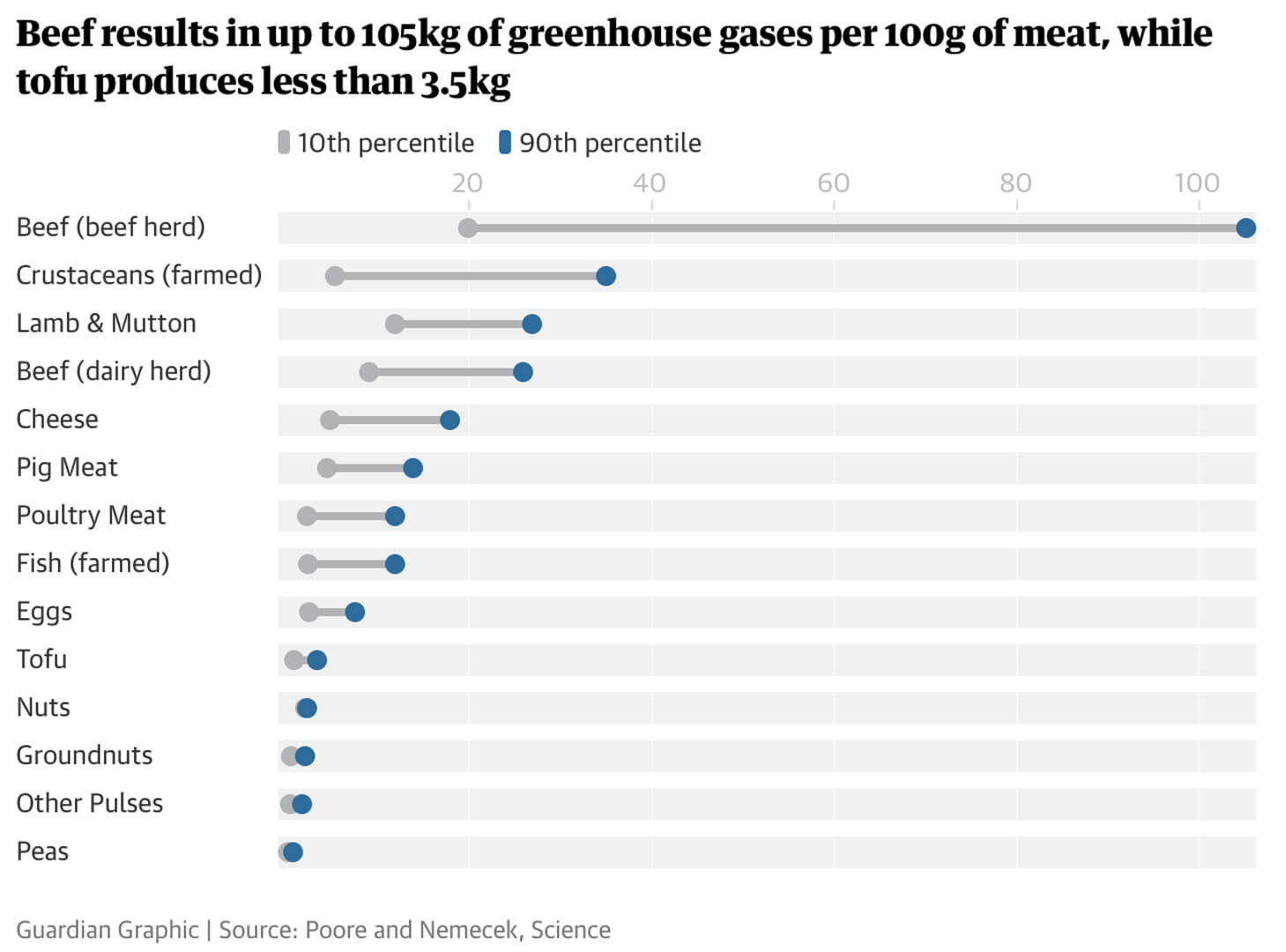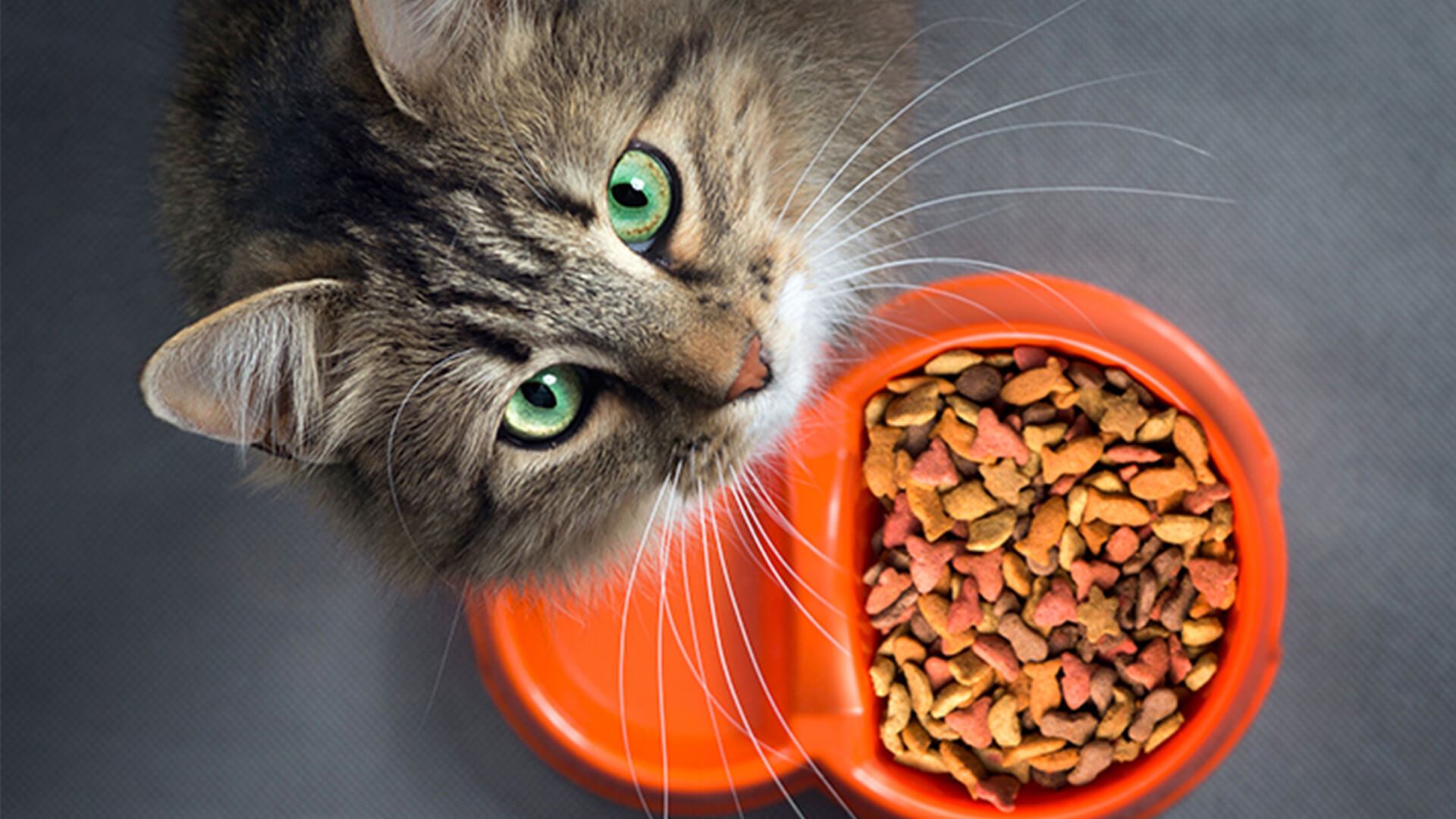By Scrumbles
Natural pet food company Scrumbles discuss the ethical problems behind the pet food industry and how they overcame them.
Determined to tackle our cat and dog’s tummy troubles, we created Scrumbles, a gut friendly pet food company, last year. The health and wellbeing of our pets was the driving force behind our business, and it goes without saying that it had to taste great too, but from the outset we had our impact in mind. After-all what’s the point of serving delicious healthy food to your pets if it costs the very environment, we all share.
You see, the pet food industry has a problem. Serving roughly 17million cats and dogs in the UK alone, and growing, the environmental footprint is vast. What’s more, growing demand for chilled, fresh, frozen and raw all come with greater demands on the eco-system. It’s a real conundrum. The nature of serving great food across the country means a carbon footprint is inevitable but there must be ways to reduce or mitigate it and so we set out to do just that.
But where do you start? The stark reality is, even simply trying to determine what is, and how to do the right thing is difficult. Our first intuitions were simple, avoid plastic and keep it local.
Food waste vs plastic waste
When we initially explored packaging, we tried to avoid all plastic and were delighted to find paper-based options. However, we found paper packaging has serious limitations. Poorer barrier properties leave food with high meat contents exposed to oxidation and rancidity, ultimately leading to food waste. Our solution was to opt for a paper, plastic composite, that would give us the superior barrier properties of plastic but limit our reliance on the material. The only downfall of this option being its limited recyclability. Something we are working on for the future.
Manufacturing in the UK vs abroad
Making our food locally was a no brainer for us for many reasons. Environmentally it means reduced miles travelled, but also the UK boasts a better energy mix (i.e. where our power comes from) then many alternatives which comes into play when you account for our cooking processes. We also try to locally source as many ingredients as we can too, like the amazing welsh chicken in our wet dog food trays.
Beyond that it becomes tricky and so we reached out for help. Cue the University of Bath, who were kind enough to loan us their brain power on the issue. Employing the life cycle assessment (LCA) technique they helped us determine what the true impact of our pet food is so we could make informed decisions on how to reduce our environmental pawprint.
Life Cycle Assessment
LCA is a method of breaking down each individual element and process in a product (or service) to ascertain an all-encompassing view of its impact. For example, from the extraction of raw materials, like the agriculture of the ingredients we use, to the cooking processes, the miles it travels to our customers, and what our customers do with the packaging afterwards. It’s an incredibly powerful tool as it gives you the whole picture and enables you to identify where you are having the most significant impact which in turn means you can start doing something about it.
So, what did it tell us? The comprehensive study gave us incredible insight into the entire life cycle of our products. The key contributors, ranked by size are:
· Ingredients 75%
· Transport 16%
· Packaging (creation and disposal) 4%
· Cooking 3–4%
The meat of the issue
Perhaps it’s of little surprise that what goes in the bag has the biggest impact but what to do with that information? The notion of plant-based pet food is highly controversial. Meat is a critically important ingredient for the animals we serve. An absence of studies on the impact of plant-based pet food on cats and dogs made this a no-go area for us. Cats are obligate carnivores (with debate as to whether dogs are omnivores or carnivores) but the science shows us that both species cannot synthesise all essential amino acids and must get this via their diet. Coupled with how their digestive systems are configured, meat is critical. Of all the sources chicken has one of the lowest impacts, considerably lower than alternatives like beef, lamb or pork and so is a more sustainable option.

Innovating to reduce our pawprint
Treats are a different ball game. Accounting for almost a third of sales for the category and growing this is an area where-by the nature of being a dietary supplement changes the nutritional needs it must meet. This allows us to rethink the approach completely. In parallel we know thatobesity and dental problems are two major health problems facing cats and dogs, with obesity impacting >50% of our furry friends and less than 1% of pet parents brushing their dogs’ teeth (fewer suspected for cats). Herein lies an opportunity to make a real difference.
Guilt-free treats that were kind to tummies and to the planet.
Armed with the knowledge from our LCA, we approached our development in order of environmental impact. Starting with ingredients, our research highlighted dog treats, specifically dental as the most popular and therefore biggest opportunity for making a significant reduction on the industry’s environmental footprint. The market leaders are made with a whole list of ingredients from animal sources which we know to have a significant impact. As treats are supplementary to a pets’ diet it doesn’t need to deliver what a complete food does. This means the inclusion of meat is not crucial allowing us to explore vegan options.
Baking our treats locally, in ovens powered by woody biomass helps us minimise the impacts associated with transport and the cooking process.
Coming back to the packaging problem was different this time around. Zero (or lower) meat content, means less requirement for barrier properties opening up a plethora of plastic free options. We were delighted to find a supplier who created their packaging in the UK (fewer miles to travel) with a bag lined with a vegetable substrate. This would provide the barrier properties required for our baked goodies whilst making the packaging compostable and recyclable. Win win.
The end result? Our Gnashers, vegan dental sticks for dogs. Baked in ovens powered by woody biomass and packed in plastic free compostable packaging.

What’s next?
As challenging as it is, our success with the Gnashers goes to show, that armed with the right information we can make much better products. So now we turn our attention back to our core products. We believe that we’ve now found a packaging solution that is recyclable whilst delivering the barrier properties we require, so a huge step forward. As for ingredients, we are busy trying to find better ingredients and better sources who can meet the exceptional quality and nutritional requirements we have whilst reducing our environmental impact. Watch this space.

















